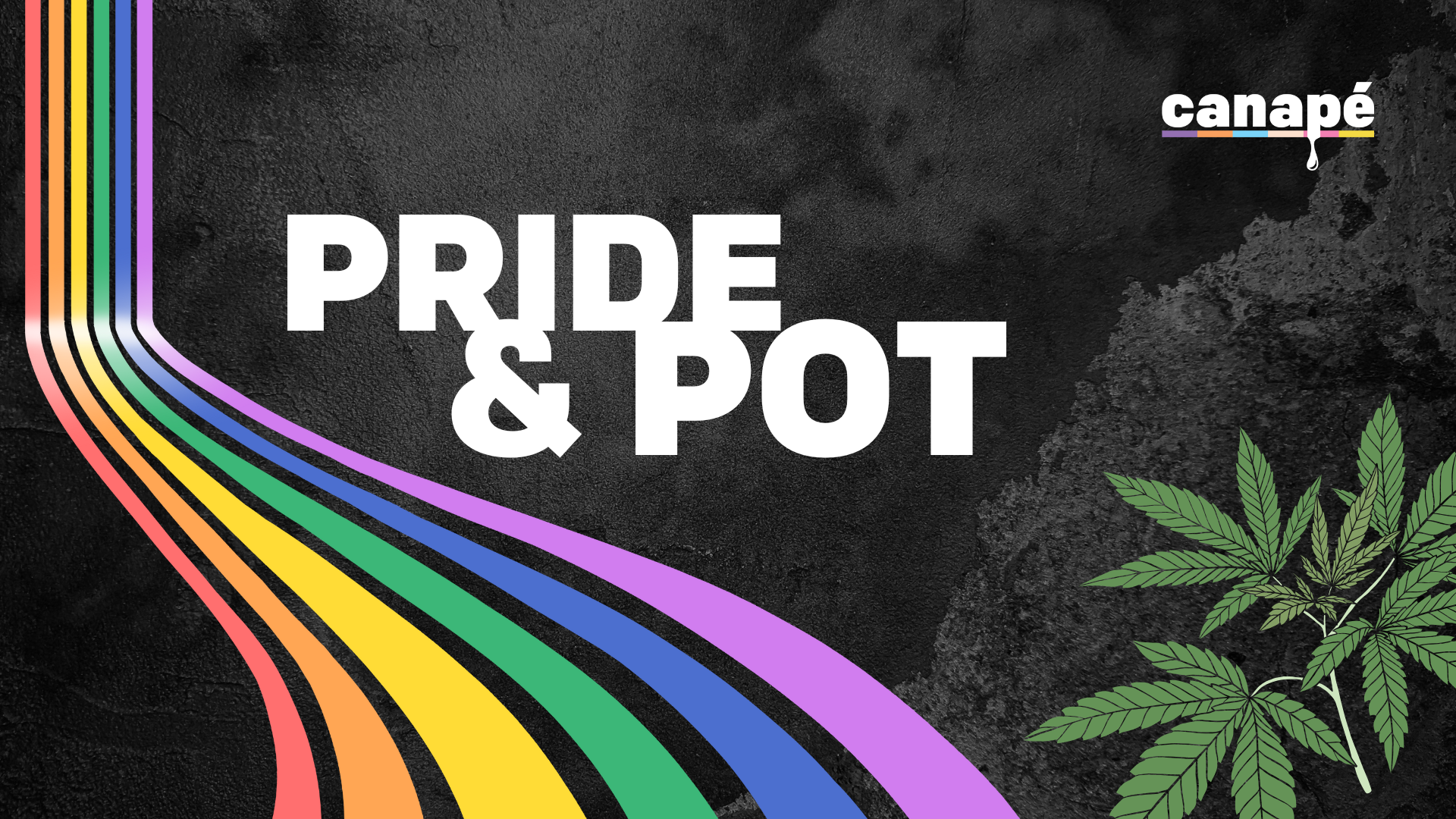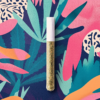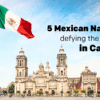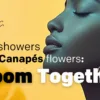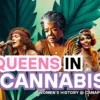Your Cart
No products in the cart.
There is a $50 minimum for delivery orders.
No products in the cart.
There is a $50 minimum for delivery orders.
🌈🌿 Pride & Pot: How LGBTQ+ Activism Helped Blaze the Trail for Cannabis Legalization
by The Canapé Team
June is Pride Month—a time to celebrate love, visibility, and the radical resilience of the LGBTQIA+ community. But while we wave our flags and march for progress, it’s important to remember that Pride isn’t just about celebration. It’s about history. It’s about resistance. And in the world of cannabis, it’s about recognizing who helped blaze the trail for the rights and access we enjoy today.
Did you know that the modern cannabis movement owes a massive debt to queer activists? That’s right—before dispensaries lined city blocks and before THC-infused everything was trending on TikTok, cannabis was a lifeline for the LGBTQIA+ community. It wasn’t about industry. It was about survival.
This Pride Month, Canapé is proud to honor the deep, often overlooked legacy of LGBTQIA+ advocacy in shaping cannabis policy, culture, and access. From the courageous caregivers during the AIDS crisis to today’s queer entrepreneurs and advocates, the intersection of Pride and pot is both powerful and undeniable.
🔥 Stonewall and the Schedule I Smokescreen
Let’s begin in 1969.
In New York City, a routine police raid at the Stonewall Inn turned into a defining moment for the LGBTQIA+ rights movement. Led by trans women, drag queens, and queer people of color—icons like Marsha P. Johnson and Stormé DeLarverie—the uprising at Stonewall was a refusal to be silent or compliant. It was the birth of a movement.
That same year, on the opposite end of the political spectrum, the U.S. government laid the groundwork for the Controlled Substances Act—the cornerstone of the War on Drugs. Cannabis was classified as a Schedule I substance, deemed more dangerous than cocaine and labeled as having “no medical value.”
One movement fought for liberation in the streets, while another—cannabis—was being legislated into darkness. But these two paths were about to collide.
🏳️⚕️ The Plague Years: Queer Care and Cannabis Compassion
Fast forward to the 1980s. The HIV/AIDS epidemic ravaged the LGBTQIA+ community. Government response was indifferent at best, cruel at worst. By the time Reagan left office, nearly 90,000 people had died—many without access to meaningful medical care.
But the queer community didn’t stand by. In the face of systemic neglect, they organized, supported one another, and turned to cannabis.
Though illegal, cannabis proved to be one of the few effective treatments for managing wasting syndrome, nausea, appetite loss, pain, and depression. It wasn’t a cure—but it was comfort, community, and resistance in the face of death.
✊ Brownie Mary, Dennis Peron & the Compassion Club Revolution
In San Francisco’s Castro District—long a hub of queer life and resistance—a quiet revolution was growing.
- “Brownie Mary” Rathbun, a hospital volunteer, baked and distributed pot brownies to terminally ill AIDS patients. She became a local legend, risking arrest over and over to provide relief to those suffering.
- Alongside her was Dennis Peron, a gay cannabis dealer turned activist whose partner, Jonathan West, died of AIDS in 1990. That loss fueled his fight.
Together, they:
- Helped pass San Francisco’s Proposition P in 1991, urging the legalization of medical cannabis.
- Opened the Cannabis Buyers Club, the first public dispensary in the U.S.
- Co-authored California’s Proposition 215, passed in 1996, making it the first state to legalize medical marijuana.
Their work wasn’t business—it was grassroots queer caregiving turned into policy.
🔗 Learn more about Dennis Peron
🔗 Read about Brownie Mary
🧠 Kiyoshi Kuromiya: Queer, Asian-American, and Revolutionary
Another unsung hero is Kiyoshi Kuromiya, a Japanese American gay man and civil rights activist. Kuromiya founded a marijuana buyers’ club in Philadelphia, providing cannabis to AIDS patients.
In 2000, he was the lead plaintiff in Kuromiya v. United States, a federal lawsuit demanding access to medical marijuana for HIV/AIDS patients. Though the case didn’t succeed, it laid groundwork for future policy reform.
👮♀️ Criminalization and the Queer-Cannabis Connection
Both cannabis users and LGBTQIA+ individuals have long been targets of law enforcement.
- Anti-sodomy laws and anti-cannabis policies have been weaponized against those who defy societal norms.
- Trans and queer people of color remain disproportionately policed, arrested, and incarcerated for non-violent cannabis offenses—even in states where it’s legal.
Even now, many queer folks use cannabis to manage mental health challenges, PTSD, and chronic illnesses—all worsened by systemic inequities in housing, employment, and healthcare.
⚖️ Legal Weed, Unfinished Work
Today, cannabis is legal in some form in most U.S. states. It’s an industry worth billions. But while legalization has expanded, equity hasn’t.
- LGBTQIA+ and BIPOC entrepreneurs often lack access to capital, licenses, and visibility.
- Many of the people who risked the most for this movement—activists, caregivers, patients—have been left out of the industry they helped build.
- Meanwhile, anti-LGBTQIA+ legislation is surging across the country. Pride is still protest.
Legal cannabis exists today because of queer radicalism. That truth deserves recognition and action.
💚 What We Can Do—Together
If you benefit from legal cannabis, you owe a debt to queer activism.
Here’s how to pay it forward:
✅ Support queer-owned cannabis brands
✅ Advocate for inclusive cannabis licensing and hiring
✅ Vote with compassion and equity in mind
✅ Show up for LGBTQIA+ rights beyond June
✅ Educate your circle on the queer roots of cannabis reform
🌱 What This Means to Canapé
At Canapé, we believe cannabis is about more than just a product—it’s a plant rooted in healing, resistance, and radical love. That’s why we’re committed to honoring the LGBTQIA+ legacy that helped make today’s cannabis access possible.
This Pride Month, we’re not just celebrating—we’re remembering, educating, and pushing for equity in every delivery we make.
Because the spirit of Pride?
It’s bold. It’s grassroots.
And yes—it’s a little stoned.
Happy Pride, friends.
🌈🌿
— The Canapé Team

